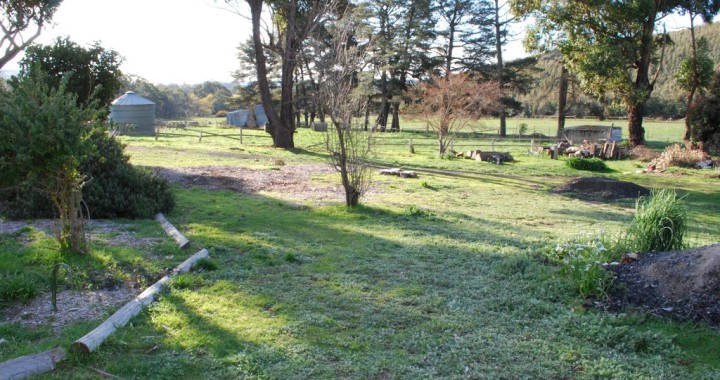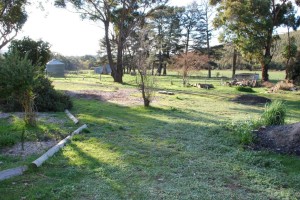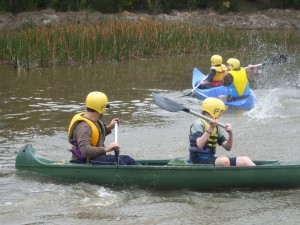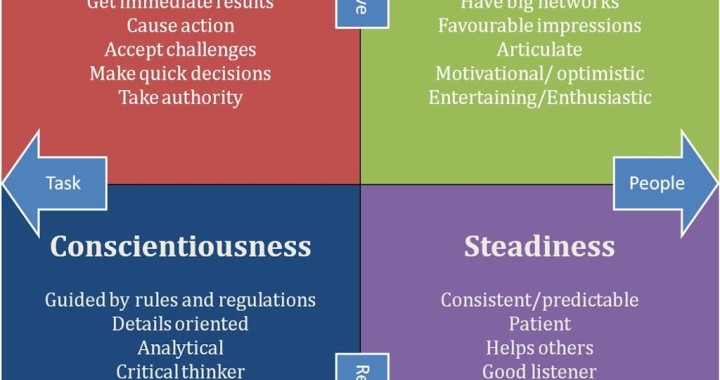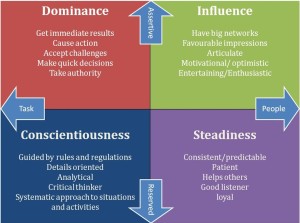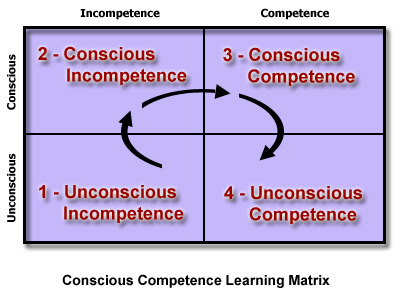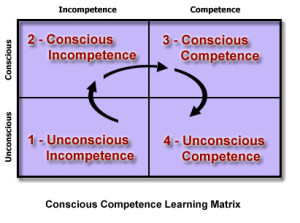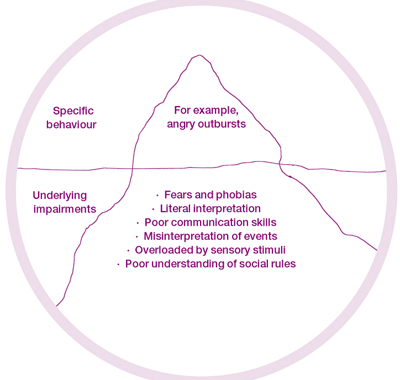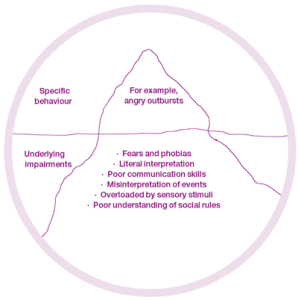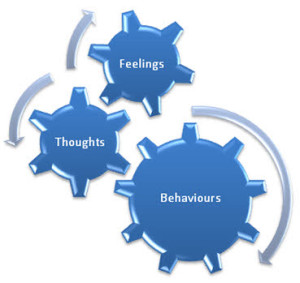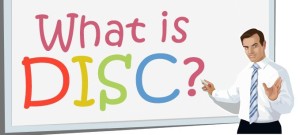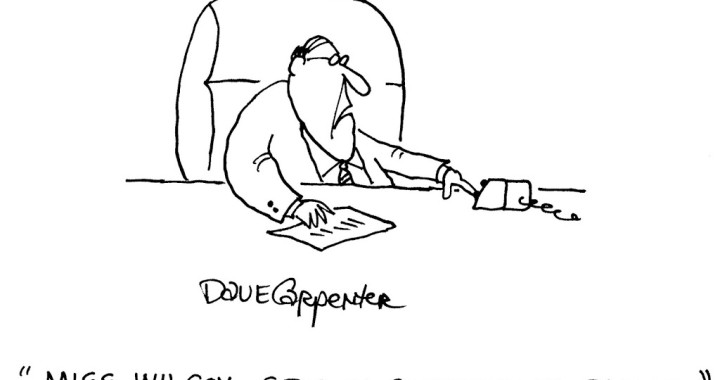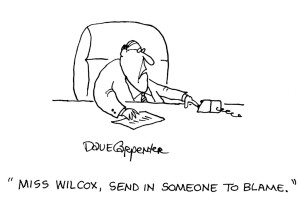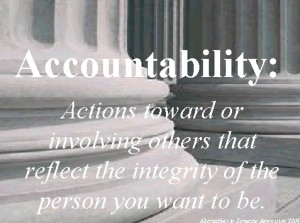Category Archives: Professional
You can also leave us a comment below or post a comment on facebook and twitter.
Accountability through ongoing learning
 |
| A way to get your professional learnings right on your phone, tablet or computer |
If you haven’t yet sign up for our newsletter to find out all the goings on at Ultimate Youth Worker. The form at the top right of this page is all you need to do.
You can sign up to have our blog posts sent straight to your email by adding your email to the subscribe button on your right.
You can also leave us a comment below or post a comment on facebook and twitter.
Behavioural observation is the key to best practice youth work.
DISC
The four behavioural types are Dominance, Influence, Steadiness and Conscientiousness.
This graphic illustrates this more effectively.
Youth Work Project Management
Welcome to our first ever Thursday Think Tank. Here we will discuss tips, tools, frameworks and systems that will help you deliver the best services to your young people that you possibly can.
WHO is responsible for WHAT and by WHEN
Here is a simple table that you can use to make any project work.
|
|
WHO
|
WHAT
|
WHEN
|
|
Aaron spoke with FINANCE this week and has been informed that we need to reconcile our accounts.
|
All Staff
|
Reconcile accounts
|
By close of business Thursday
|
|
Nick discussed a meeting he attended with local service providers. The meeting provided many opportunities to network and develop partnerships
|
Nick and Team leader
Team leader
|
Network with local youth agencies
Inform manager of opportunities for partnerships
|
Throughout April
In weekly one on one meeting this week
|
|
Sarah is developing a local gig for young people in our area. She is putting together a committee of young people to help. The gig will be at the end of November.
|
Sarah
All staff
|
Engage young people for committee
Promote committee to our clients
|
By end of October
By end of October
|
Behaviour not personality = Great youth work.
What we recommend at Ultimate Youth Worker is that we move towards a behaviourist approach to dealing with people. Whether the young people we work with, our colleagues or others we may work with along the way we should develop a lens of behaviour through which to judge our interactions. Don’t get us wrong, the Myers-Briggs and other personality profiles are a great tools. But for us to be effective in running groups, providing support to our young people or dealing with colleagues means understanding their behaviours and how to work with them to utilise their strengths.
Over the coming weeks we will begin to look at how to develop a behavioural lens to work from. A lens that will help you understand peoples strengths and weaknesses, how to speak to them in a way that will help you develop your relationship with them and ultimately strengthen your work with everyone you come across.
In the meantime… Stay Frosty.
What are your thoughts???
Leave us a comment below or post a comment on facebook and twitter.
Build your youth work network
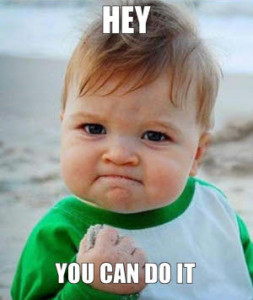 |
If you have any questions drop us an email or chat to us on facebook and twitter.
Accountability
If you have any questions drop us an email or chat to us on facebook and twitter.
Youth Worker Identity
I was asked by a mate recently if I would start calling myself a social worker when I graduate from the masters. Without a second thought I said NO. Whilst I will be qualified as a social worker my heart is in youth. Truth be told I only did the qualification because I was sick of the politics and hierarchy of the welfare field in Australia and wanted “a piece of paper” that said I was as good as the rest. In my heart of hearts I am a youth worker and I am proud of it.
